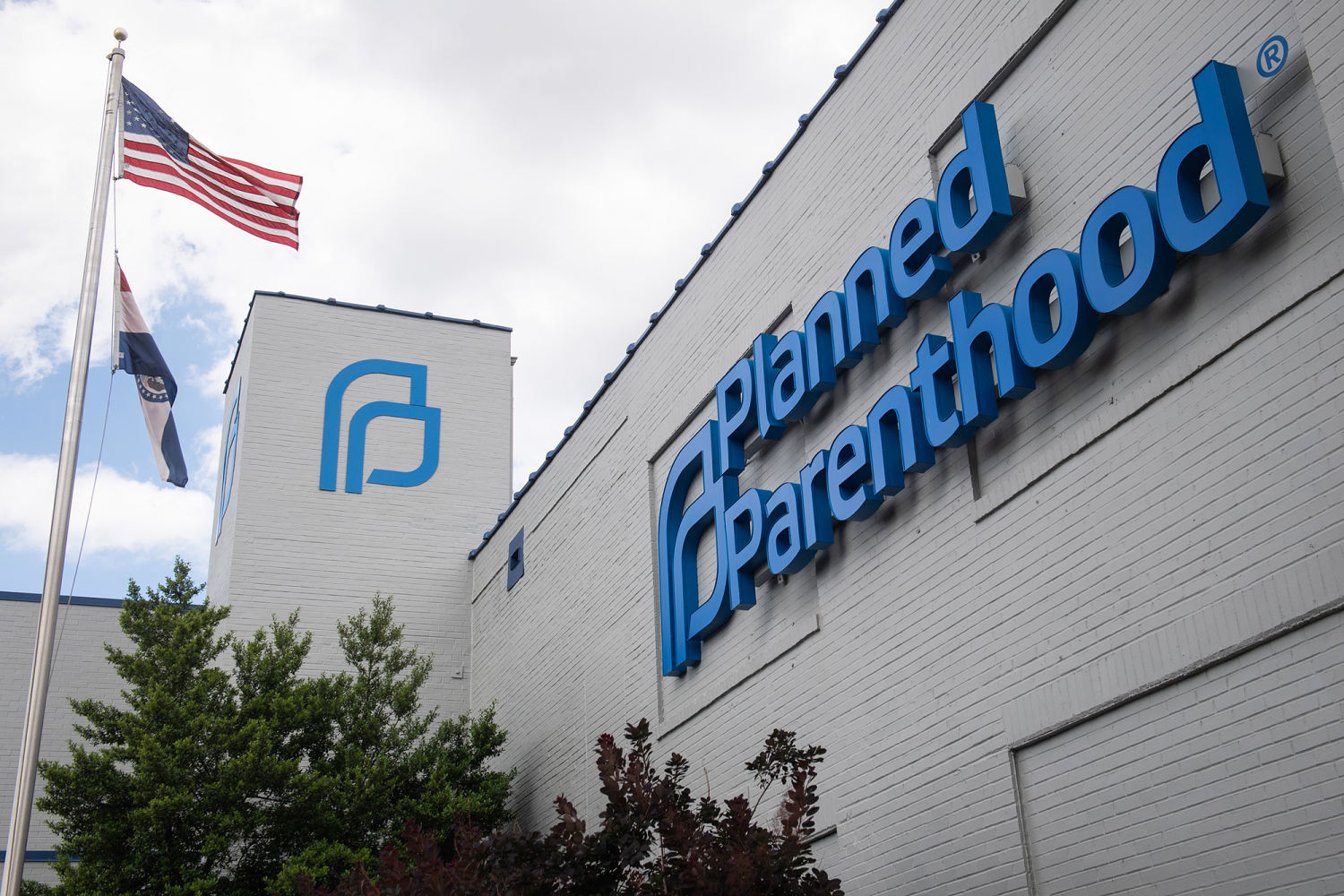
WASHINGTON — The Supreme Court on Wednesday will hear a dispute arising from an effort by anti-abortion Republican officials in South Carolina to prevent reproductive health care provider Planned Parenthood from receiving Medicaid funds.
Although the divisive issue of abortion lurks in the background, the case focuses on a technical legal question of whether those eligible to use Medicaid, a program for low-income people administered by states, can sue in order to pick their preferred health care provider.
Opposition to abortion drove the state’s move to defund Planned Parenthood, which came four years before the Supreme Court in 2022 rolled back the landmark abortion rights ruling in Roe v. Wade.
South Carolina now has a six-week abortion ban, meaning abortions are rare in the state.
Planned Parenthood has facilities in Charleston and Columbia that provide limited abortion care in accordance with the new restrictions as well as other health care services including contraception, cancer screenings and pregnancy testing.
The case arose in 2018 when South Carolina Gov. Henry McMaster issued an executive order that barred Planned Parenthood of South Atlantic, the local affiliate of the national group, from providing family planning services under Medicaid.
Julie Edwards, a Medicaid-eligible patient who wants to use Planned Parenthood services, joined the group in suing the state, saying that under federal civil rights law she could enforce her rights in court.
A federal judge ruled in her favor, and after lengthy litigation, the Supreme Court agreed to weigh in on the legal question.
In court papers, Edwards’ lawyers cited a Medicaid provision that says patients can choose a “qualified provider” and noted that no one disputes that Planned Parenthood can safely provide the services she requires.
They rely in part on a 2023 Supreme Court ruling that allowed people to sue to enforce their rights under a different federal law called the Federal Nursing Home Reform Act.
The state, which has the backing of the Trump administration, points out that there are 140 clinics and pregnancy centers in the state as well as other health providers who accept Medicaid.
The Medicaid statute differs from the law at issue in the 2023 ruling because it has no “rights-creating provisions,” the state’s lawyers argue in court papers. South Carolina is represented by the conservative Christian legal group Alliance Defending Freedom.
